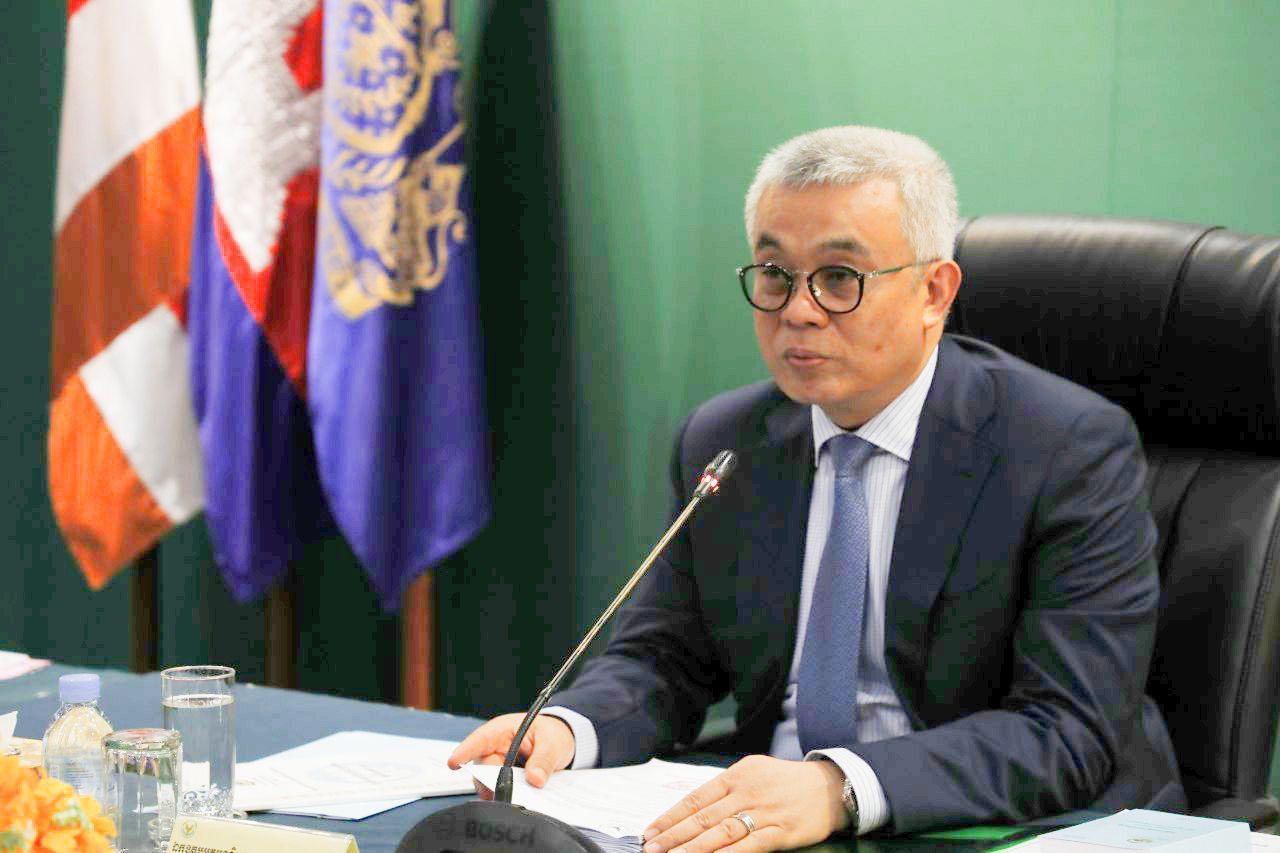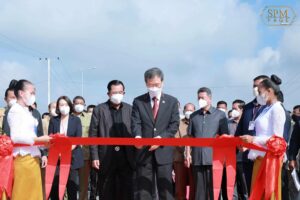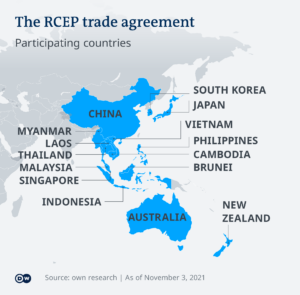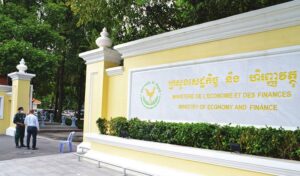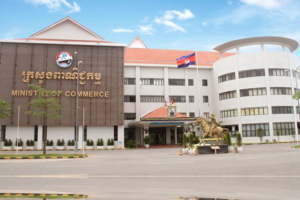Ministry of Finance: RCEP could be ratified on Jan 1st
The Ministry of Commerce expects the Regional Comprehensive Economic Partnership (RCEP) agreement – signed by Cambodia and 14 other countries in November – to enter into force on January 1.
Ratification of the trade deal is expected to open up more new markets as well as upgrade the Kingdom’s value chains and integrate them within the region and beyond.
A virtual intergovernmental meeting was held on June 21 to present a draft law authorising the RCEP’s ratification to a National Assembly committee.
The world’s largest regional trade deal was initiated in November 2012 at the 21st ASEAN Summit in Phnom Penh, but it was not endorsed until November 15, due to the complexity of negotiations.
Leaders of the 10 ASEAN states, Australia, China, Japan, New Zealand and South Korea witnessed the signing of the agreement via video link following the conclusion of the 4th RCEP Summit on the same day.
The chief purpose of the deal was to promote trade between the 15 signatory Asia-Pacific countries.
Speaking at June 21’s meeting, Minister of Commerce Pan Sorasak stressed that, with its numerous merits, the RCEP is “absolutely necessary” for the economic integration of Cambodia into the region and the world.
“The RCEP will establish a modern, comprehensive and high-quality partnership framework as well as mutual economic benefits that will facilitate the expansion of supply chains, trade and investment in the region,” he said, adding that he expects the deal to be ratified on January 1.
This, the minister said, would provide the world “a symbol of support for a multilateral free trade system based on the rule of law, and in particular, its rapid contribution to the economic recovery of Cambodia and the region from the Covid-19 crisis”.
The RCEP has a combined gross domestic product (GDP) to the tune of $26.2 trillion, or 30% of global GDP, and engages 2.2 billion people, or 30% of the world’s population, he said citing 2019 data.
Hong Vanak, director of International Economics at the Royal Academy of Cambodia, told The Post on June 22 that ratification of the RCEP would drive the Cambodian market to another echelon.
Before signing the agreement, the Cambodian government carefully weighed potential products that could meet the perceived needs of the signatories, he said, suggesting that the Kingdom must now ramp up the volume and quality of production and raise its level of diversification.
“Although the RCEP agreement links us to more trading partners and provides special conditions on the export and import of goods, what’s more important is – can our products match other countries’ needs? This is an important detail that must be seriously pondered over,” he said.
He suggested that everyone should aspire to push for prompt ratification of the RCEP, given the economic potential of Cambodian exports, such as finished textile products and agricultural goods.
Cambodia Chamber of Commerce vice-president Lim Heng stressed that trade deals, whether bilateral or multilateral, are a net positive for the national economy, creating opportunities for exports and improving access to investments.
“Because the RCEP is a regional agreement with major markets in large countries, Cambodia must strive to expand its production with a focus on high quality to bring more revenue into the national economy,” he said.
Last year, the Kingdom exported $17.21537 billion worth of goods, an increase of 16.72% over 2019, the commerce ministry reported.
With RCEP negotiations and additional research as a base, the Jakarta-based Economic Research Institute for ASEAN and East Asia (ERIA) found that the RCEP would boost the Kingdom’s gross domestic product (GDP) an additional 2%, increase exports by an extra 7.3% and raise investment by an added 23.4%.

